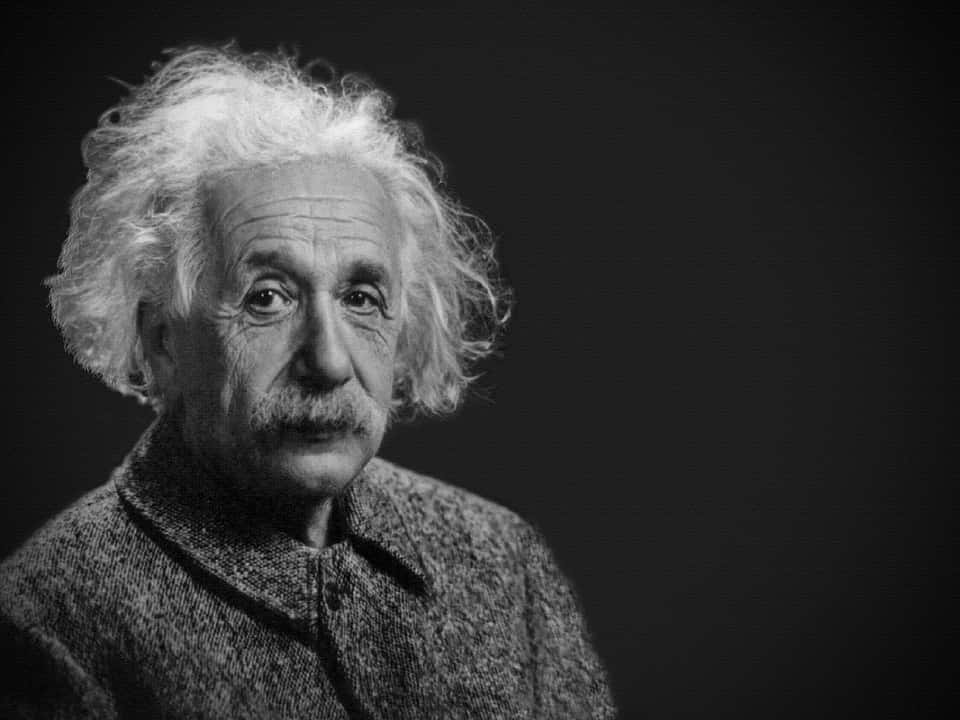A Year Less a Few
Einstein’s theory of relativity states that the closer one is to the Earth, the slower time goes. A year goes by 15 microseconds faster at the top of Mount Everest than it does at sea level.
Oscillations
Prior to the invention of atomic clocks, a second was measured as 9,192,631,770 oscillations of a caesium (a chemical element with symbol Cs and atomic number 55).
The Smallest Measurement
Planck time is the smallest standard of the scientific measurement of time. It takes about five hundred and fifty thousand trillion trillion trillion Planck times to blink a single time.
No Such Thing as Now
According to Einstein, “the distinction between past and present and future is only an illusion, however persistent.” This is because space and time are fluid, and are affected by gravity and speed.
Pinpoint Accuracy
The strontium atomic clock is the most accurate clock ever built. It’s accurate to within a second over 15 billion years.

Almost as Old as the Universe
A galaxy called z8_GND_5296 is the oldest object in the known universe. It’s estimated to be 13.1 billion years old, which is about 700 million years younger than the universe itself.
Less than 24 Hours
Despite what we’ve been taught, a day isn’t a full 24 hours. It actually takes 23 hours, 56 minutes, and 4.2 seconds for the earth to rotate once.
Sunrise to Sunrise
It takes 24 hours from sunrise to sunrise because each day the Earth moves further in its orbit around the sun, lengthening the day.
Oldest Known Object on Earth
A 4.4 billion-year-old crystal, a zircon, is the oldest known object on Earth. It was found in Jack Hills in Western Australia, and is only 160 million years younger than Earth.
Is This Clock Late?
Until the 19thF century, towns would set their clock by the local noon, which would put a train in Bristol 11 minutes behind London. As a result, people kept missing their trains, and beginning with the Great Western Railway in 1840, railway companies began using standard, London-based UK time, making train timetables easier to run.
Everything is Past
It takes time for light to reach us, and as a result, everything we see is in the past. When you see the sun out your window, the light is already eight minutes and 20 seconds old. The light from Earth’s nearest star Proxima Centauri is four years old.
A Long Day
On the planet Mercury, a single day is two Earth years long.
Overestimating is Better
Researchers agree that we get more pleasure from overestimating time than underestimating. If a task estimated to take an hour is completed in 15 minutes, a person will regard the experience more pleasurably than the reverse. This is why people become agitated when someone is late, and why theme parks overestimate projected wait times for rides.
Time Slows When You’re Having Fun
According to a psychological study, the old adage “time flies when you’re having fun” isn’t quite true. In fact, it’s just the opposite. When people were listening to music they enjoyed, time seemed to pass more slowly. This could be because people pay more attention to things they like, which slows their perception of time.













No comments:
Post a Comment